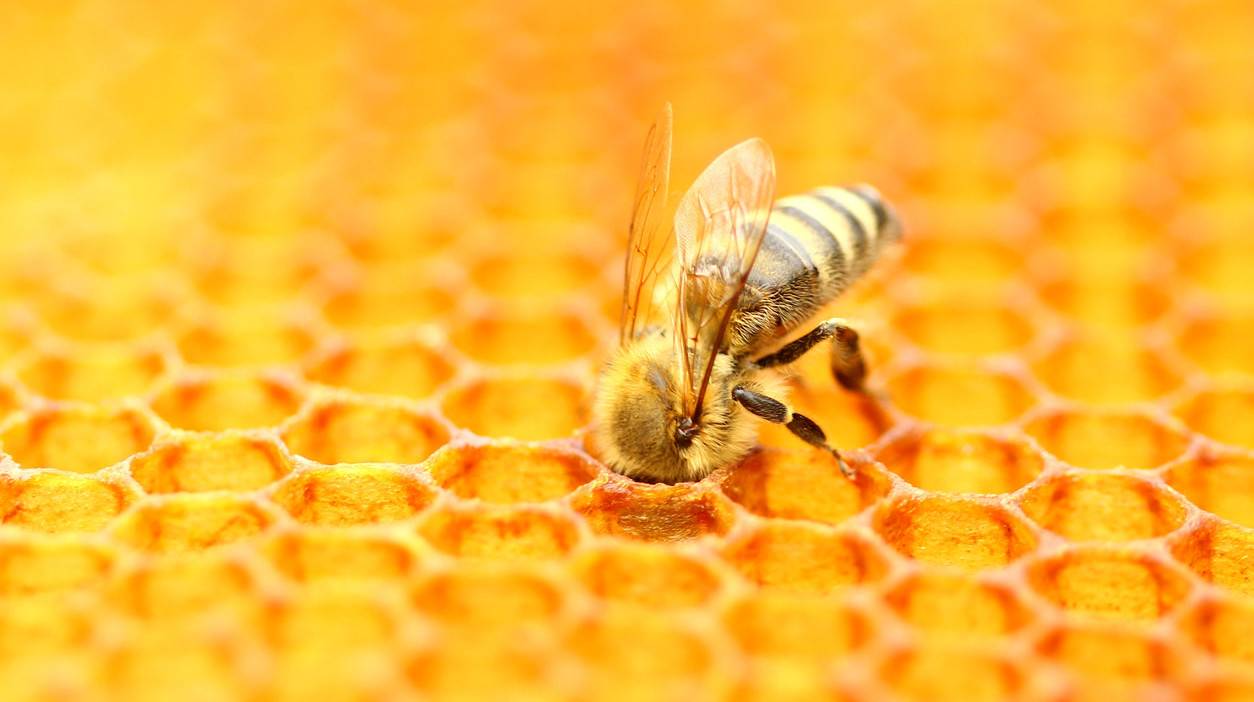California Almond Industry Might Have The Blood Of Billions Of Bees On Its Hands
Next time you reach for a carton of almond milk at the grocery store, think of the bees: 50 billion of them were wiped out last winter, which makes up about one-third of commercial bee colonies. According to a report in The Guardian, the California almond industry has bee blood on its hands.
Bees are integral to the almond production, as they pollinate the plants. They're so vital that they're actually considered livestock by the U.S. Department of Agriculture. Anyway, almond orchards hire individual beekeepers to provide them each season to do just that. However, being at the groves for pollination is extremely unhealthy for the honeybees: They're exposed to pesticides and disease-carrying parasites, and they're stripped of the biodiverse natural environments in which they typically thrive. That means droves of bees die off every pollination season. "It's like sending bees to war," Nate Donley, a senior scientist for the Center for Biological Diversity, told The Guardian. "Many don't come back."
And while it's getting increasingly difficult to maintain bee health and population, the demand for almonds just keeps rising. It's more than doubled since 2000, led by American consumers, and U.S. almond milk sales have risen by 250% in just the past five years. California's Central Valley is responsible for 80% of the world's almond production, with its orchards amounting to a swath of land the size of Delaware.
So, if you're in it for the bees, it might be time for a milk change for you. Oat milk's all the rage these days, but dare we suggest this weird, off-the-radar drink called dairy milk?
